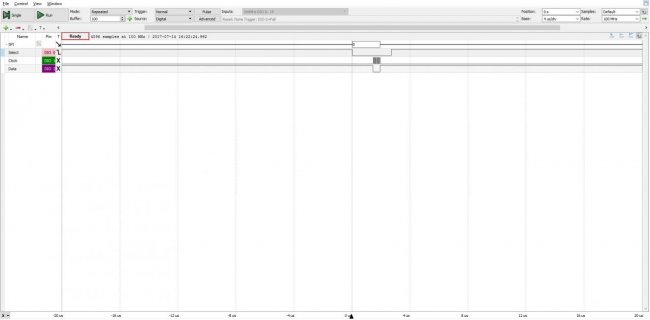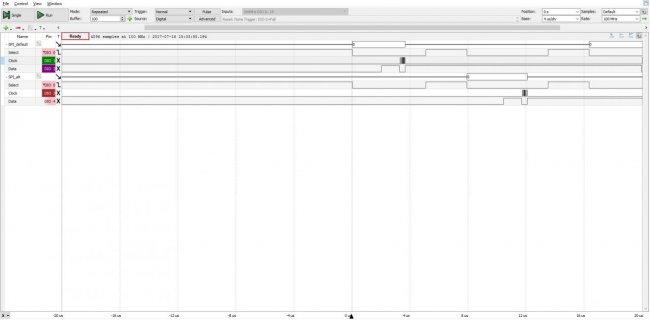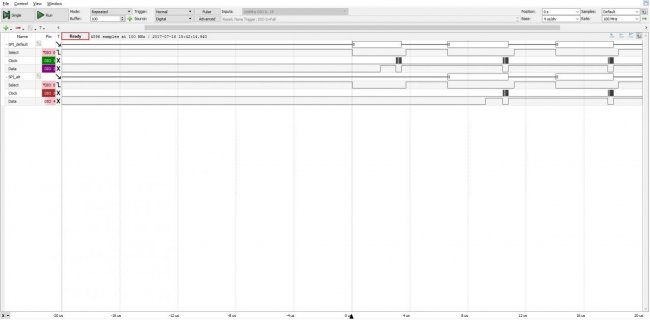I have just installed Teensyduino 1.37 and it seems that the setSCK(), setMOSI() and setMISO() are not working as before. I probed the pins on my Teensy 3.2 and got signal out on the default SPI pins. Reinstalling Teensyduino 1.36 worked properly. Hopefully I haven't missed something!
Last edited:





